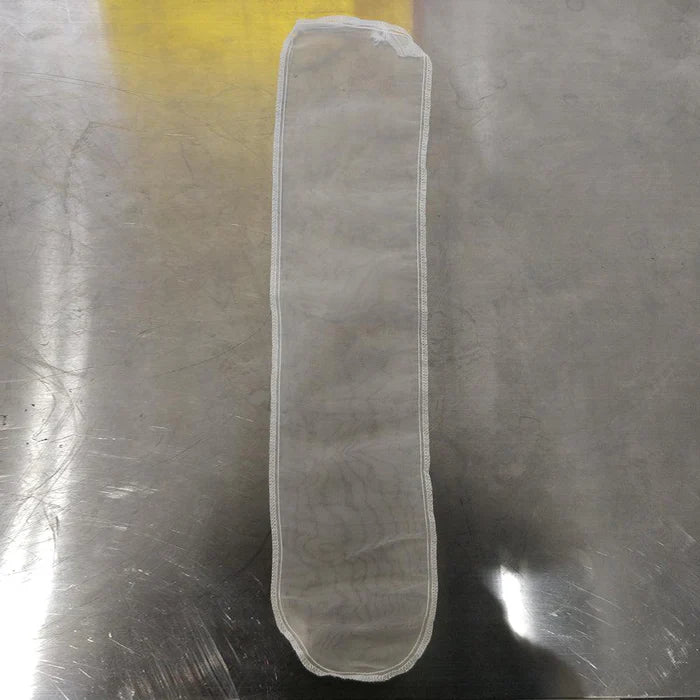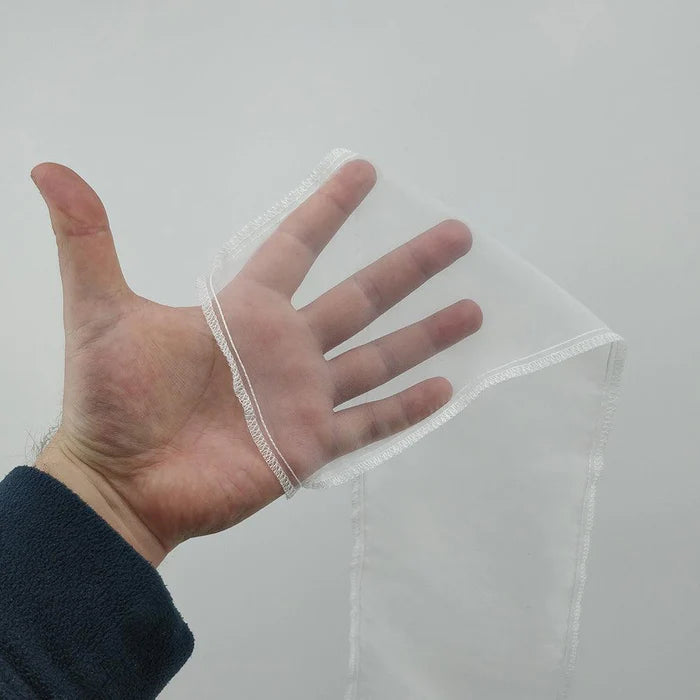



BIAB - High Quality Polyester Hop sock 13cm x 58 cm
£2.15
off
Item is in stock
Hurry, Only 1 Left!
Item is out of stock
Item is unavailable
Description
Classic Stitch Up Hop Socks / Small Grain Bag - BIAB
Brand new Hop Sock design with far stronger stitching all the way around. Suited for dry hopping or steeping grain or spices in the boil. If you have a Heat Exchanger, we would highly recommend bagging your hops if you're going to do a NEIPA or DIPA, as it may clog your plates or even your pump! Rated up to 110C it is the perfect tool for an easier clean up regime.
This can also be used to steep malted grain, or literally anything you need to use like a tea bag.
Dimensions:
130 x 580 mm
Shipping information
- Order before midday (mon - fri) for same day shipping
- Free Shipping for orders over £80 (DPD next day service)
- Discounted shipping for orders over £40
- Smaller items ship with royal mail from £2.90 (£1 for orders over £40)
Prices are calculated at the checkout. Please see our full shipping policy here.

Free next day delivery on orders over £80
BIAB - High Quality Polyester Hop sock 13cm x 58 cm
£2.15
- Related products
- Recently viewed


